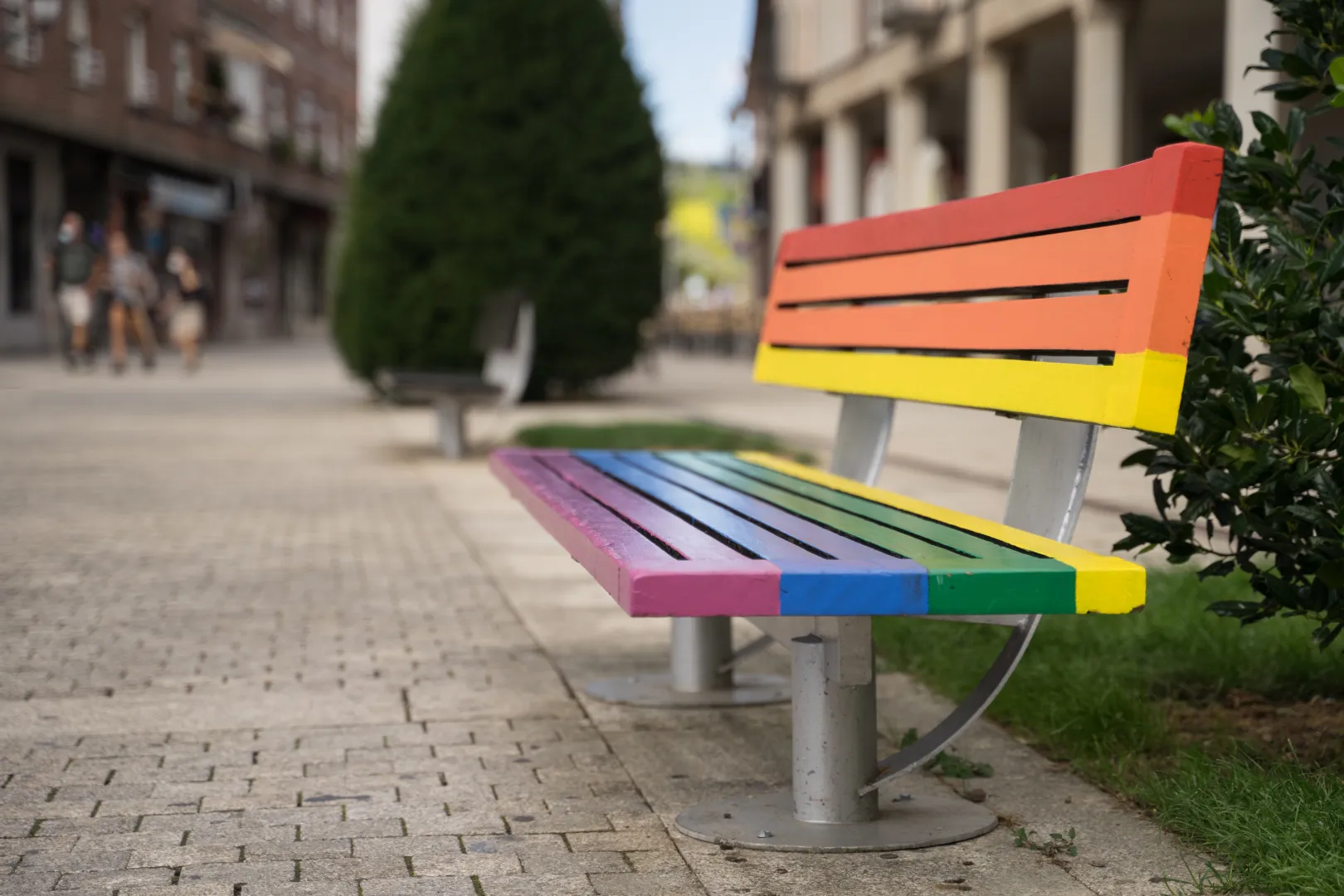Experts in LGTB tourism assure that training the sector professionals is essential for the group at travel

CETT-UB, the leading higher education center for tourism, hospitality, and gastronomy affiliated with the University of Barcelona, has brought together experts from different fields to discuss the relationship between tourism and the LGBT community and the importance of training professionals in the tourism sector to direct and manage the tourist offer and services for the LGBT community.
The online debate "Tourism and the LGBT community: an educational perspective" was attended by the director of the Department of Tourism Promotion of Barcelona, Mateo Asensio; the director of Innovation, Digital Transformation and Investment of the World Tourism Organization (UNWTO), Natalia Bayona; LGBT travel influencers Maartje Hensen and Roxanne Weijer from the Netherlands; the CEO of Queer Destinations and board member of the International LGBT Tourism Association (IGLTA), Oriol Pàmies; and Iaia Pedemonte from the gender and diversity working group of the International Social Tourism Organization (ISTO). In addition, Dr. Maria del Pilar Leal, coordinator of Masters and Postgraduates of the CETT-UB, and Núria Abellan Calvet, coordinator of the Master in LGBT Tourism, presented the event. The speakers agreed that training is the basis to improve the experiences of LGBT tourists, to know what they need when traveling, and engage the whole of society towards change.
From Turisme de Barcelona, Mateo Asensio emphasized that the most important thing is that visitors feel comfortable, "it is important to know that a generation does not know the community and that they need to feel more comfortable. That is why it is important to study and learn how to make it possible and make life easier for visitors to the city," stressed. He also pointed out that Barcelona is the capital of diversity and is an excellent place for studies, such as the Master's Degree in LGBT Tourism organized by the CETT. During the round table about the homophobic killing of Samuel Luiz on the morning of July 3, Asensio stated categorically: "We cannot accept actions like the ones we have seen this week: someone going out at night and risking his life. It would seem easy to change it, but it is not: we must work every day and no longer tell the community about it, but ensure others understand our reality."
Natalia Bayona stressed that "the role of institutions is key in everything related to diversity and inclusion." She stated that "33% of LGBT tourists know that they feel differences when traveling to different destinations". Bayona explained that LGBT destinations need to be more proactive in speaking out in newspapers, magazines, and blogs "so that people who are part of the community can feel that these destinations are for them, that they can live many memorable and unique experiences, and that happiness in an economic sector as human as tourism is welcome."
The speakers also agreed that the experience during the trip and the **small details in the attention of the tourism industry staff are critical aspects for tourists from the LGBT community **and point out that each group has different needs. When asked about the aspects they consider when choosing a destination, LGBT travel influencers Maartje Hensen and Roxanne Weijer pointed out that "as women tourists, we look at safety: not only as women but also as a couple." They added that they are informed about which laws for the LGTB group there are in the destination and public opinion. They also stressed the importance that people in the tourism industry are educated on these issues that the group is aware of, and other people do not consider.
Oriol Pàmies, from the International LGBT Tourism Association and Queer Destinations, pointed out that "according to the World Tourism Organization, the LGBT segment is the one that is experiencing the fastest growth internationally and the sector will have 180 million LGTBQ+ travelers by 2030". Pàmies referred to a study by IGLTA in Mexico on the LGBT community that identified that this segment is among the first to start traveling after the pandemic. However, he added that the destinations are not prepared: the private sector is not ready to welcome them in the best way, the product is not ready, and neither are the marketing strategies.
To conclude, regarding ISTO's gender and diversity working group, Iaia Pedemonte pointed out that "our mission is gender equality, diversity, and inclusion. We also want to highlight the role of women in the tourism industry, creating new opportunities through empowerment, which will be beneficial for communities, businesses, and global development." Pedemonte also pointed out safety as one of the issues present in the experiences of women traveling solo.
The training of tourism professionals, essential
Training has emerged as an essential element for tourism professionals to be prepared and trained to manage and care for this collective. In this sense, the CETT-UB starts the Master in LGTB Tourism in the academic year 2021-2022, which has the support of the Barcelona City Council. It enables the acquisition of personal and professional skills to direct and manage the tourist offer and attention to the LGTB community. The study program includes, among many topics: management of diversity; the situation of the rights of this community in the world and its effects on tourism; the impact of LGTBI tourism in the world today and in a digital world, and LGTBI profiles and their motivations and their concerns as customers. It also discusses the creation of products, best practices, and the adaptation of businesses and destinations to this tourist demand, which has been found to travel three times more than non-LGTBs, stay longer, and on average, also spend three times more.
